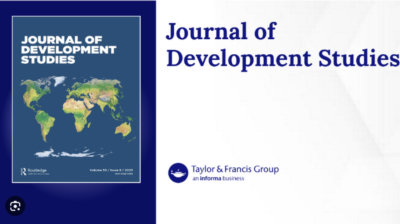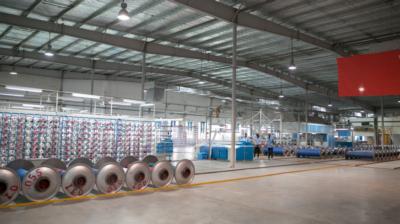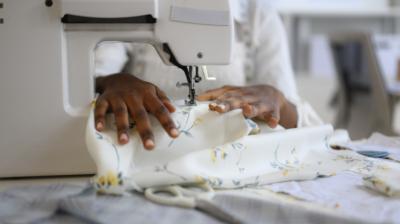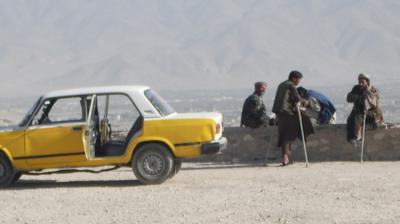Ethiopia since the Derg: A decade of democratic pretension and performance
The book offers a comprehensive coverage of the Federal Elections in 2000 in addition to extensive research into the trials of human rights abuses committed under the previous regime, land redistribution, the operation of local power structures, reports on human rights in the last ten years, the rights of minorities. The result is a profit and loss account of Ethiopian political development since 1991 with democracy measured not just through elections, though these remain central, but by how far there has been a popular exercise of civil and political rights, or how far economic and social needs have been met. The book dissects the paradoxes of a federal state still under centralised party control and a privatised economy dominated by "paraparty" enterprises. The conclusion is that a formal structure of democratic institutions is largely controlled by a party structure reluctant to accept any challenge to its authority. The authors find that there is a growing democratic process, but they remain uncertain if the renewal process launched in October 2001 will really provide for accountability at the local level. Equally unclear is whether it will allow either necessary room for democratic institutions to grow, or launch the reconciliation with opposition groups necessary as the basis for realistic democratic progress.






